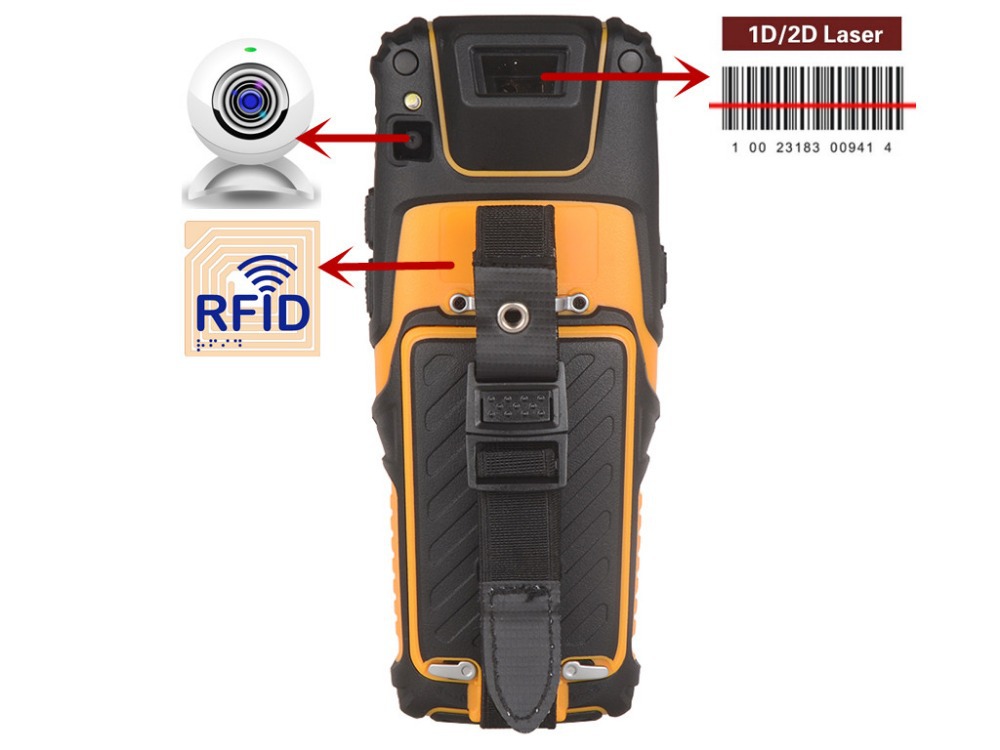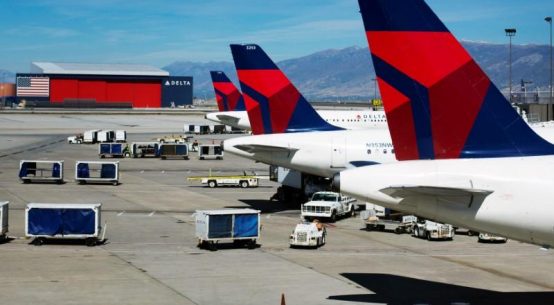
3G-wifi-Bluetooth-GPS-GPRS-PDA-barcode-RFID-scanner-android-data-logger-TS-901
Though its roots can be traced back to four scores and 2 years ago, Radio Frequency Identification RFID has evolved to become today’s hottest technology in logistics.
Radio frequency identification (RFID) and the similar technology “near field communication” (NFC) have presented businesses with exciting opportunities to create automatic linkages to the world around them: the internet of things.
The introduction of radio frequency devices to tag and identify items is growing because it provides a low cost, effective way to connect IT systems with the assets, materials, staff and locations of businesses offering ways to electronically identify people, places and things. Computer systems can know about things in the real world, collecting information about where they are, how they are used and whether they need attention. These technologies reduce the costs of data collection and improve its accuracy. They can help to automate processes that today depend on pencil and paper or manual data entry.
In Logistics, RFID helps ensure goods are delivered on time, lets businesses track and trace items and saves effort in goods inwards and stock management.
RFID suppliers produce tags that can stand up to the wear and tear of distribution and logistics. Consideration of protection against impact, and temperature or humidity extremes can form an important part of selecting the right equipment.
In Nigeria, Halogen Security Company Limited stands out in RFID deployment and management as their expertise has helped clients avoid costly mistakes.

FOLLOW US ON FACEBOOK FOR MORE LOGISTICS NEWS
RFID in the supply chain offers traceability and the ability to automatically locate critical components. Portal and gateway applications keep track of goods on the move, locating them to sites or checking their movement around buildings. It can help with the handling equipment too, improving safety and reliability








